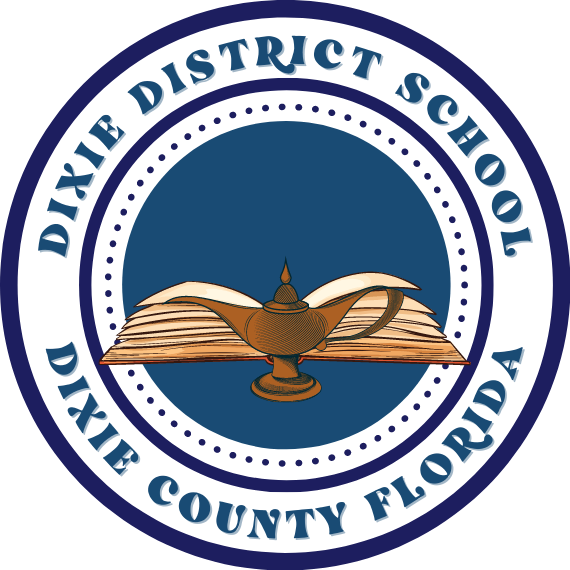CHAPTER 5.00 - STUDENTS
5.21 Prohibition Of Sexual Harassment By Students
The School Board desires to maintain an academic environment in which all students are treated with respect and dignity. A vital element of this atmosphere is the Board’s commitment to equal opportunities and the eradication of discriminatory practices including sexual harassment. Sexual harassment is specifically prohibited by state and federal law and instances of harassment may result in both civil and criminal liability on the part of the individual harasser as well as the School Board. Sexual harassment’s destructive impact wastes human potential, demoralizes students, and perpetuates the tendency to further unacceptable behavior. For these reasons, the School Board forbids harassment against any student on the basis of sex. The Board will not tolerate sexual harassment activity by any of its students.
(1) Definition. Sexual harassment consists of unwelcome sexual advances, requests for sexual favors, and other inappropriate verbal or physical conduct of a sexual nature, wherever such harassment occurs on school property or at a school-sponsored event, that is aimed at coercing an unwilling person into a sexual relationship whether or not it involves physical contact; or that substantially interferes with a student’s academic performance, or creates an intimidating, hostile, or offensive school environment.
Examples of sexual harassment may include but are not limited to the following:
(a) Verbal harassment or abuse of a sexual nature;
(b) Subtle pressure for sexual activity;
(c) Repeated remarks to a person with sexual or demeaning implications (e.g., a person’s body, clothes or sexual activity);
(d) Unwelcome or inappropriate physical contact such as patting, pinching, or unnecessary touching;
(e) Suggesting or demanding sexual involvement accompanied by implied or explicit threats;
(f) Display of sexually suggestive objects, pictures, or written materials.
Sexual harassment does not refer to occasional compliments or welcomed interactions of a socially acceptable nature.
(2) Specific Prohibition. It is sexual harassment for a student to subject another student or a school employee to any unwelcome conduct of a sexual nature on school property or at a school-sponsored event. Students who engage in such conduct shall be subject to penalties as described herein.
(3) Procedures. Any student who alleges sexual harassment by another student should complain to the building principal, assistant principal(s), guidance counselors or district equity coordinator. Filing of a complaint or otherwise reporting sexual harassment will not affect the student’s status, extracurricular activities, grade or any other assignments. The complaint should: be in writing, state the act or acts, state the date(s), state the names of witnesses, and be signed by the complainant. Throughout the grievance process, the complainant, the accused and others involved in the investigation are guaranteed confidentiality and protection from retaliation.
The right to confidentiality, both of the complainant and of the accused, will be respected, consistent with the Board’s legal obligations and with the necessity to investigate allegations of misconduct and take corrective action when this conduct has occurred. In determining whether alleged conduct constitutes sexual harassment, the totality of the circumstances, nature of the conduct, and the context in which the alleged conduct occurred will be investigated. The Superintendent or designee has the responsibility of investigating and
resolving complaints of sexual harassment.
(4) Penalties. A substantiated charge against a student shall subject that student to disciplinary action consistent with the Code of Student Conduct.
Statutory Authority: 1001.41; 1001.42; 1006.07; 1006.21; 1006.28; 1012.22, F.S.
Laws Implemented: 1000.05; 1001.43; 1003.02; 1003.57; 1003.58, F.S.
State Board Of Education Rule(s); 6A-19.001 et. seq.
History:
Adopted: January 14,1999
Revision Date(s): October 9, 2001; April 9, 2002
Formerly:

Located in Cross City, Florida
Contact
Main Number
(352)541-6250
Superintendent’s Office
(352)541-6231
Digitally Designed by BramJam, LLC

